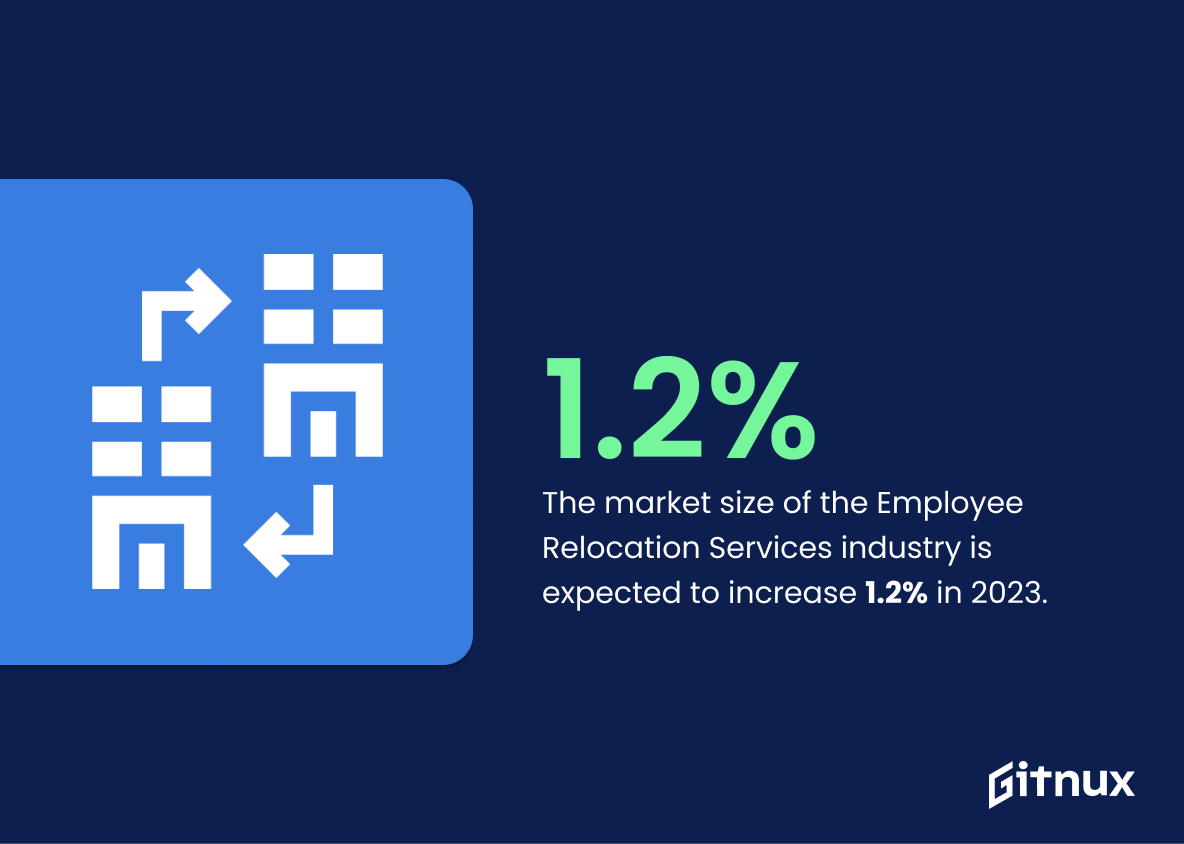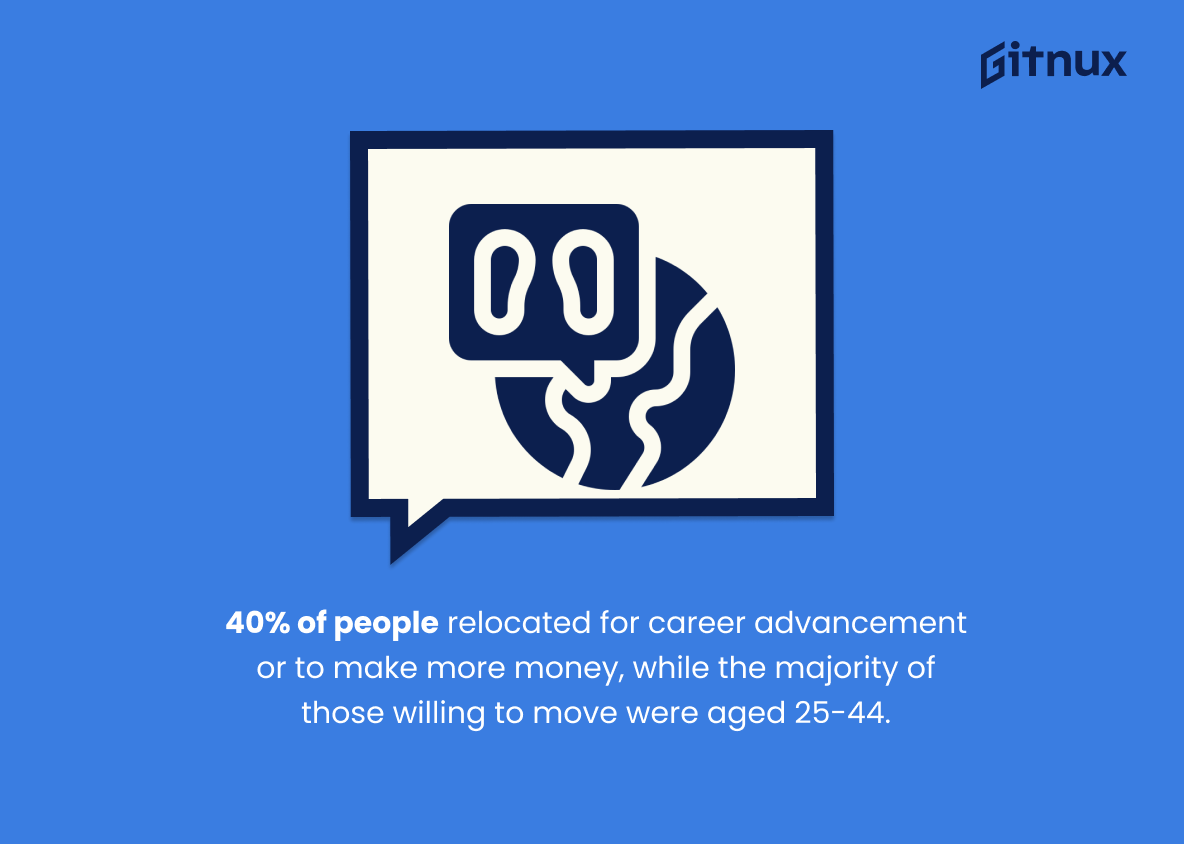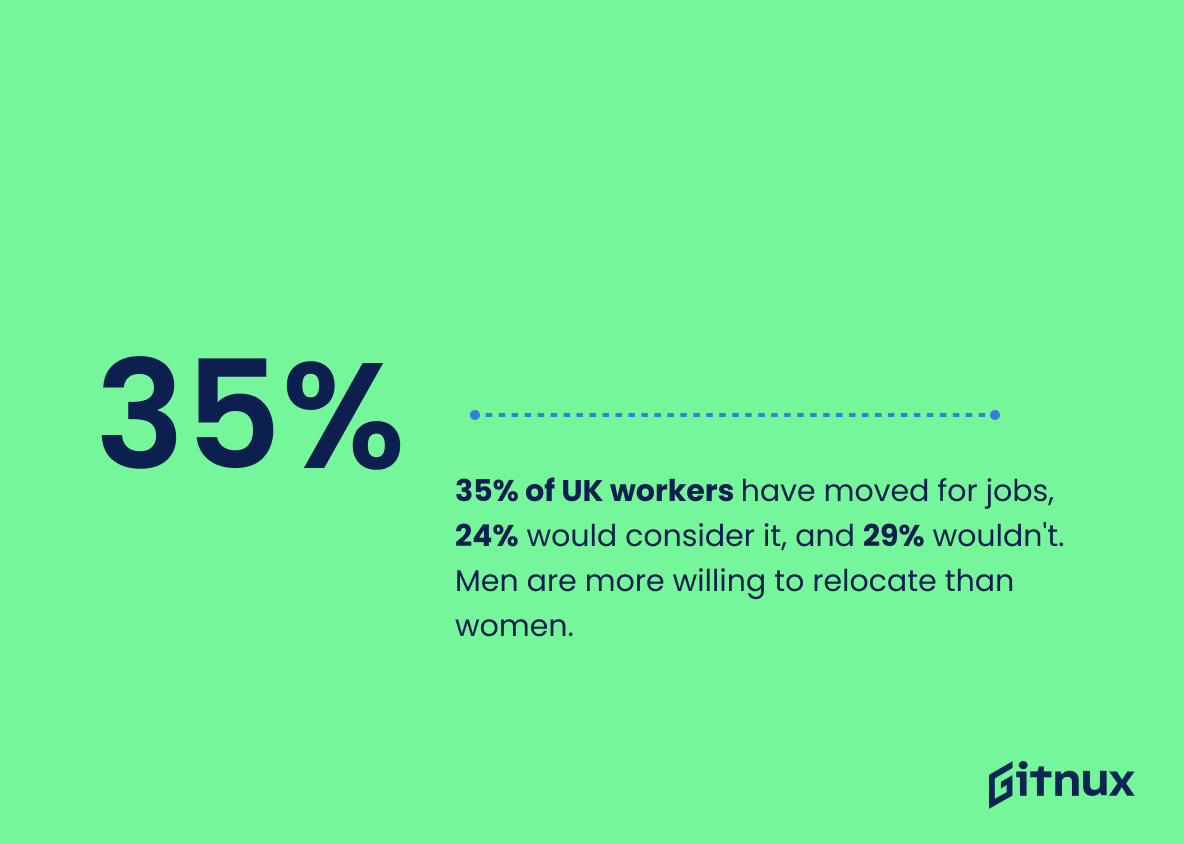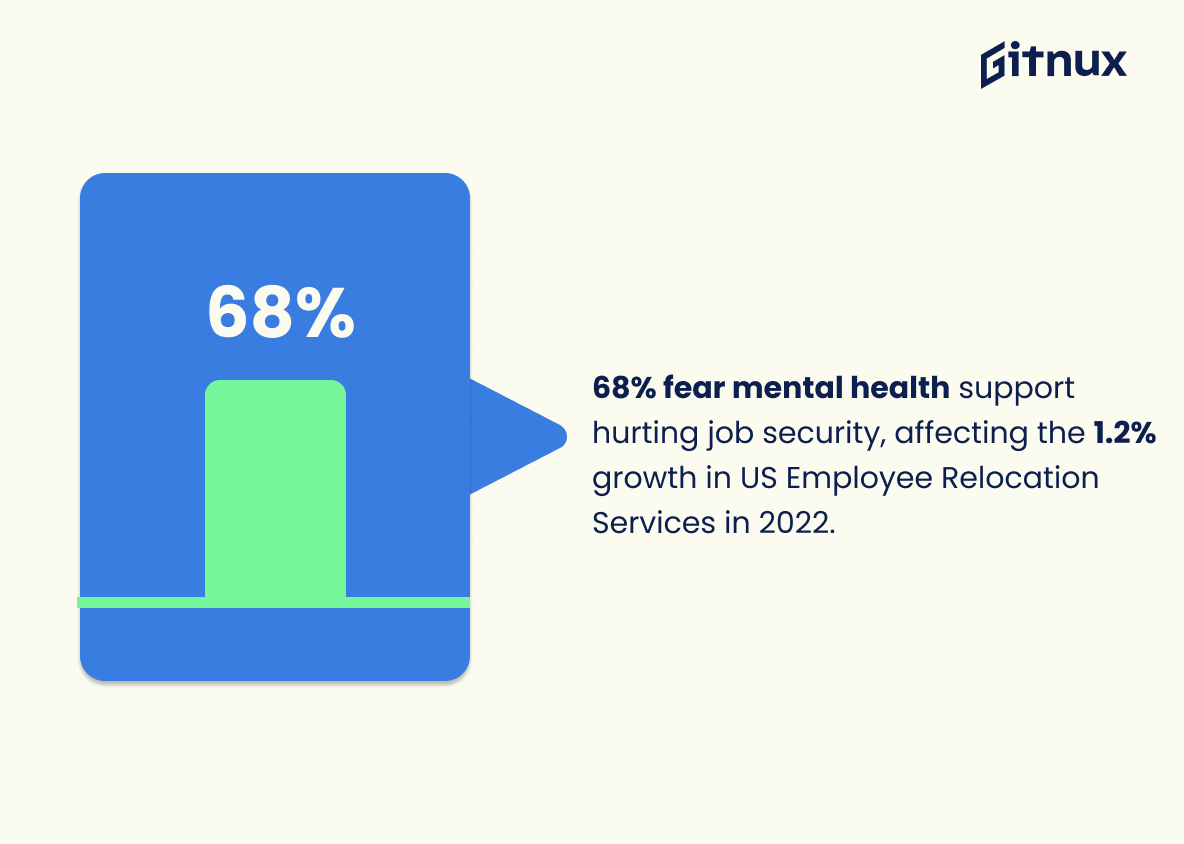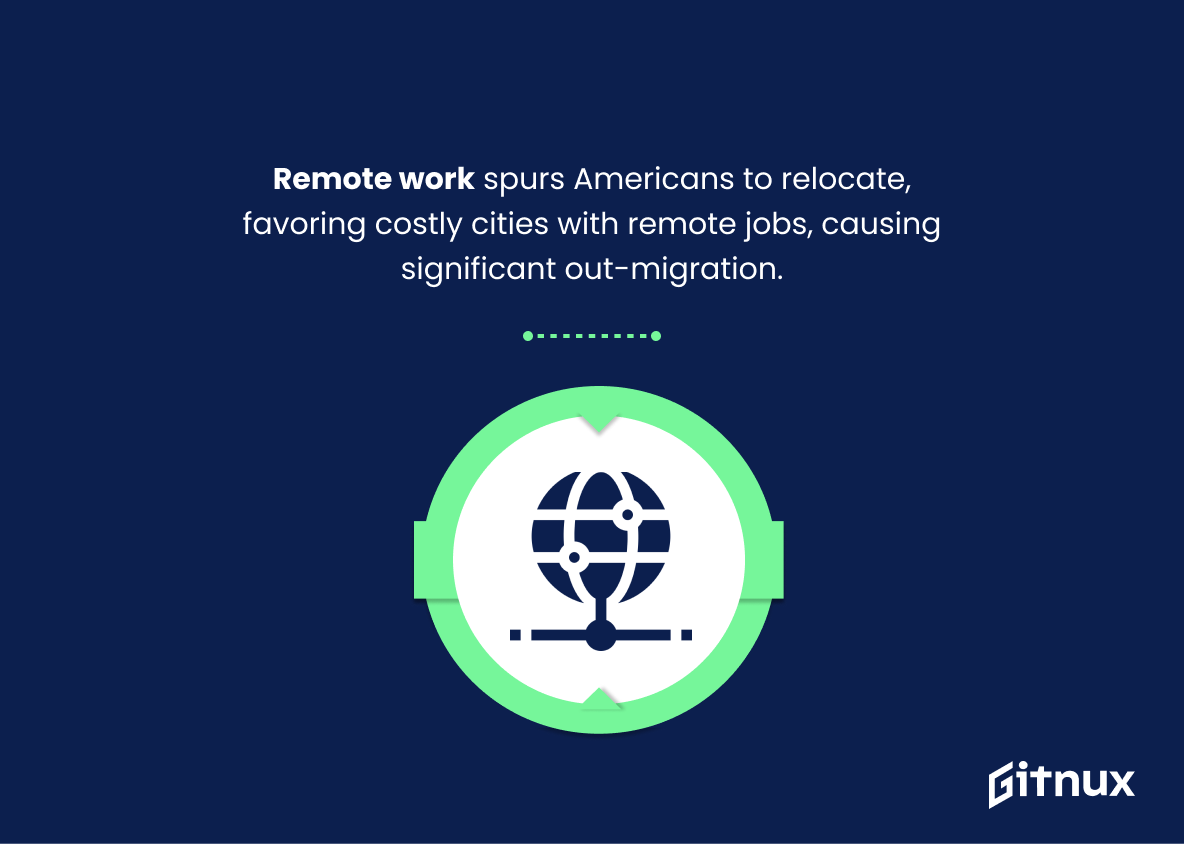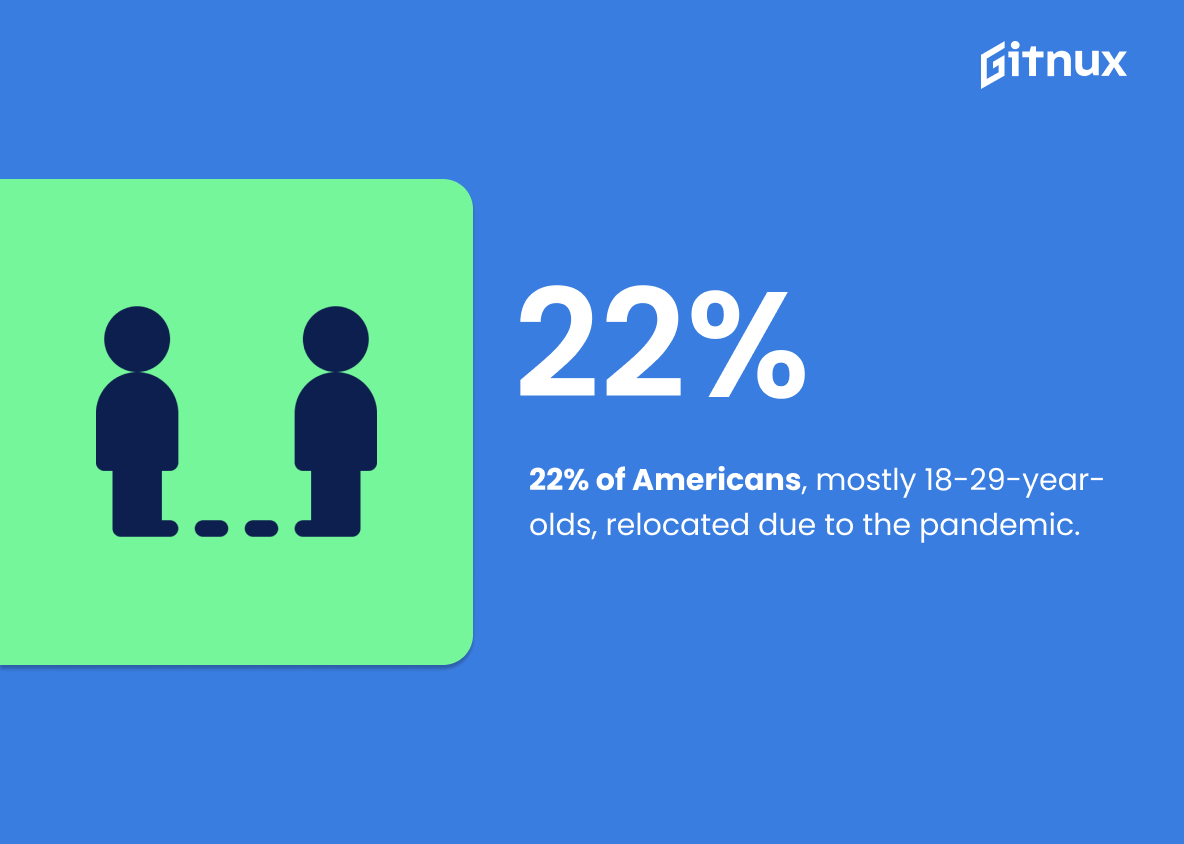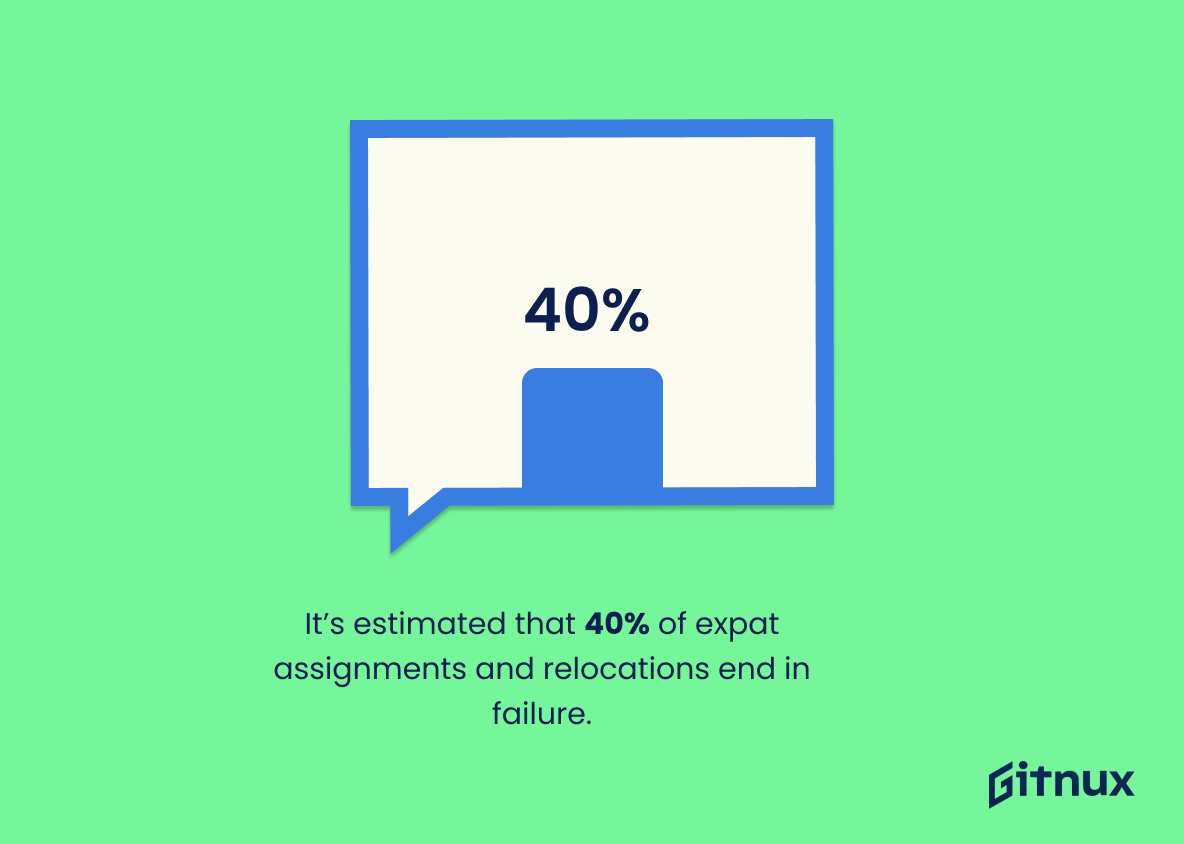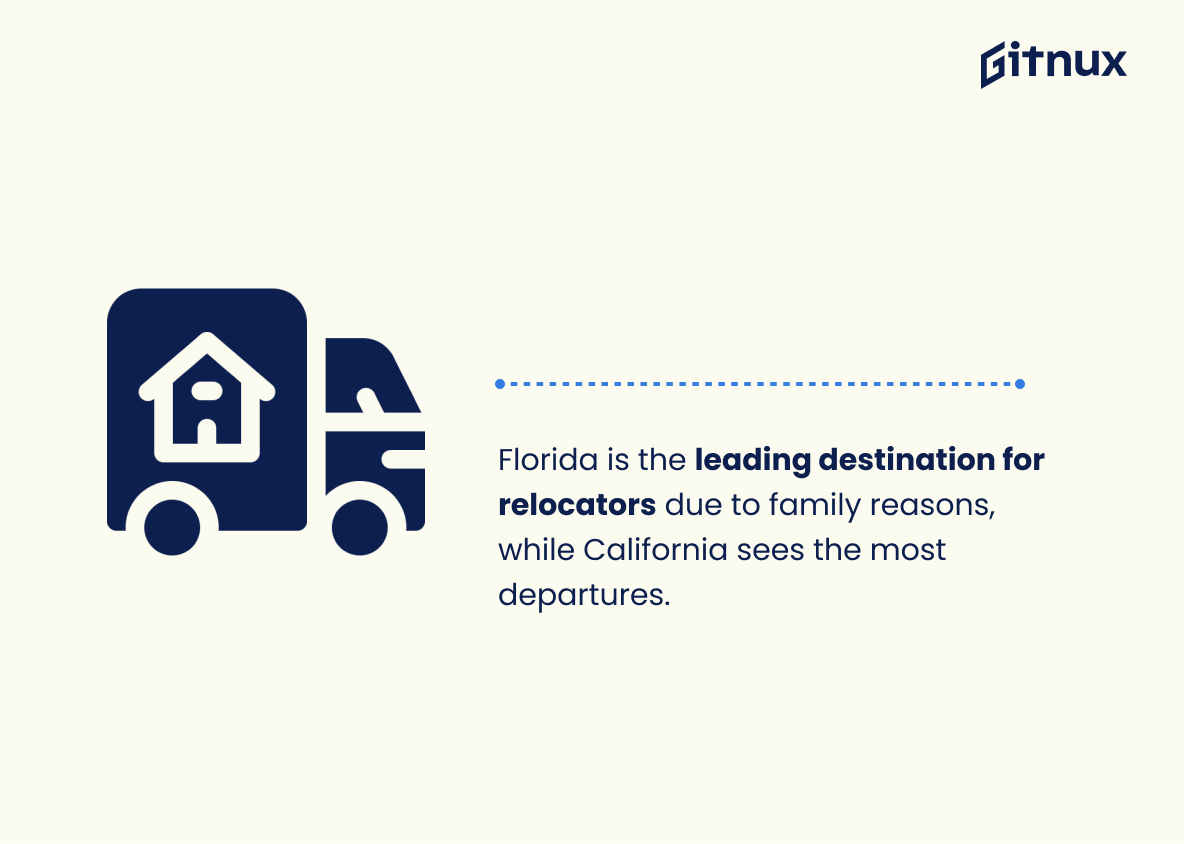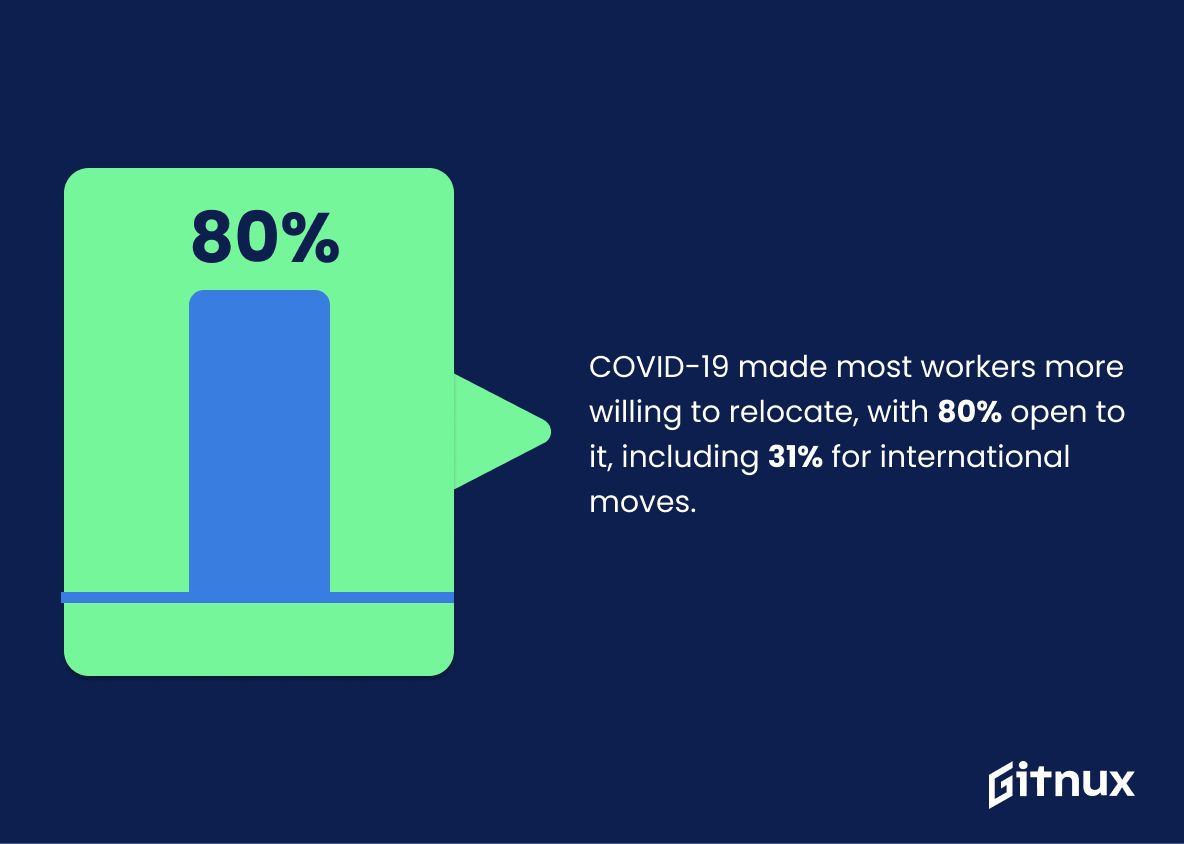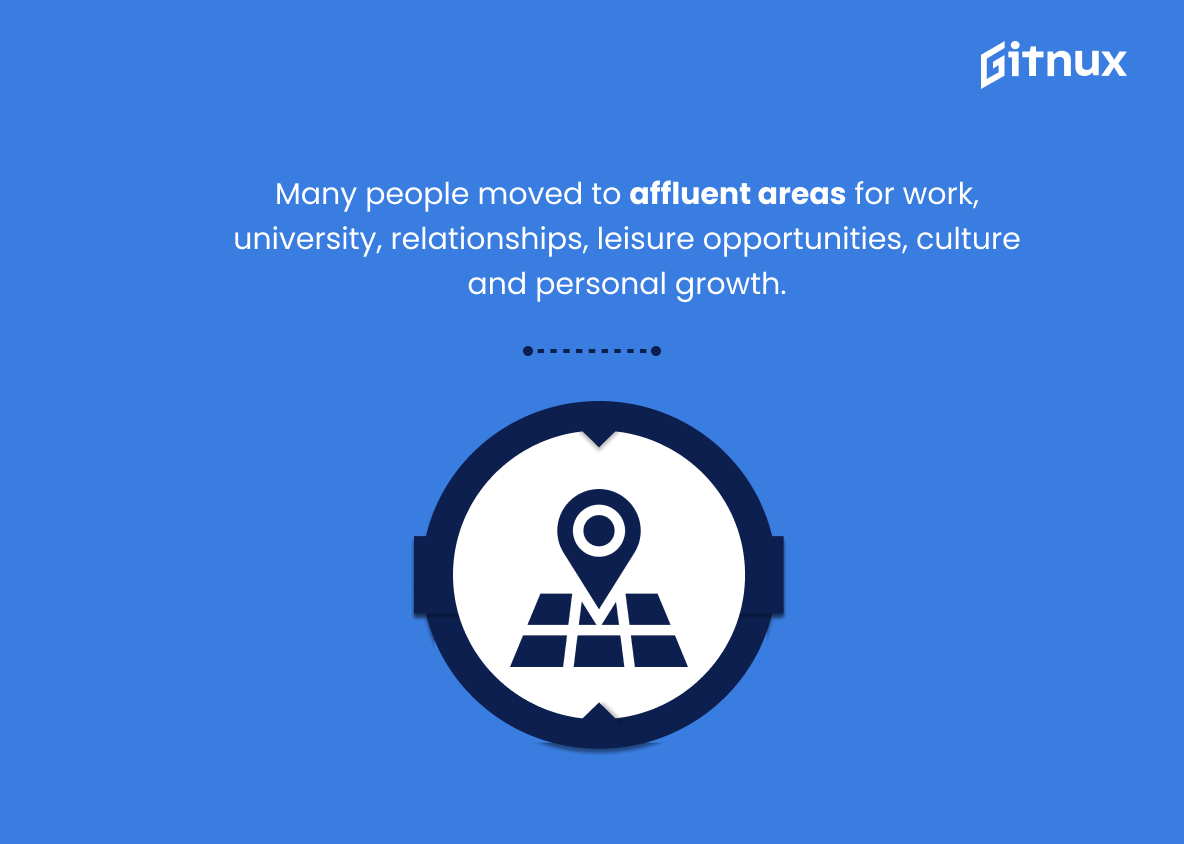Job relocation is an increasingly common phenomenon in today’s globalized world. As companies move to new locations and hire employees from different countries, job relocation has become an important part of the modern workplace.
In this blog post, we will explore the latest job relocation statistics and discuss the implications of these trends for employers and employees. We will also look at the benefits of job relocation and how it can help employers and employees alike. So, let’s get started and take a closer look at the job relocation statistics.
Job Relocation: The Most Important Statistics
22% of Americans have relocated or know someone who has due to the pandemic, with 18-29-year-olds making up the largest age group.
The market size of the Employee Relocation Services industry is expected to increase 1.2% in 2023.
Job Relocation: Statistics Overview
Job changers experience higher pay growth compared to job stayers, with job changers moving between firms having the highest pay growth. Job relocation can be a beneficial decision for those looking to increase their wages.
The market size of the Employee Relocation Services industry is expected to increase 1.2% in 2023.
It suggests that the demand for employee relocation services is expected to grow. This indicates that more people are looking to relocate for job opportunities, which could mean more job opportunities in different industries, regions, and countries. It could also mean more competition for jobs as more people are seeking them, which could lead to higher wages and better benefits for those who are able to find employment. Additionally, it could mean more job opportunities for those providing employee relocation services, as demand for their services is expected to increase.
40% of people relocated for career advancement or to make more money, while the majority of those willing to move were aged 25-44.
It shows the motivations of people who are willing to relocate for a job, as well as the age groups that are most likely to do so. This information can be used by employers to better understand the needs of their potential employees and to make decisions about where to locate their business.
35% of UK Workers have relocated for a job before, 24% would consider it, and 29% would not. 41% of 35-44-year-olds have relocated for a job, while 37% of 45-54-year-olds would not. Men are more likely than women to move for a job.
These numbers demonstrate the trends of who is more likely to move for a job, and the age groups that are more open to the idea of relocating for a job. This information can be used to help employers target their job postings to the right demographic.
68% of employees worry that reaching out for mental health benefits could negatively impact their job security. Which is important to consider when looking at the growth of the Employee Relocation Services industry in the US which is expected to increase 1.2% in 2022.
Employees are concerned about their job security when it comes to seeking mental health benefits. Which could affect the growth of the Employee Relocation Services industry. If employees are hesitant to reach out for mental health benefits, it could lead to a decrease in the number of people relocating for work, which could in turn affect the growth of the industry.
Check out our latest Mental Health Statistics
Remote work has already caused millions of Americans to relocate, with more planning to move in the future. Many are moving outside of commutable distances, with cities with a high cost of living and remote jobs being the most likely to experience out-migration.
It shows how remote work is changing the way people live and work, and how it is reshaping the geography of the US.
22% of Americans have relocated or know someone who has due to the pandemic, with 18-29 year olds making up the largest age group.
This statistic shows the impact of the pandemic on job relocation. It suggests that a large portion of the population has had to move due to the pandemic, and that younger individuals are disproportionately affected. This could have a significant impact on the job market, as younger individuals may have to relocate to find new employment opportunities.
It’s estimated that 40% of expat assignments and relocations end in failure.
There are some potential risks associated with job relocation. Companies need to carefully consider their employees’ planned relocation and ensure that they are well-equipped to handle the challenges of living and working in a foreign country. By understanding the potential risks associated with expat assignments and relocations, companies can develop strategies to minimize these risks and maximize the success of their employees’ relocations.
Florida is the most popular destination for people relocating, primarily due to family reasons, while California is the most popular state to move away from.
Family is a major factor in people’s decisions to relocate. The understanding of this could be important for employers to consider when relocating employees, as they may need to take into account the family situation of the employee when making decisions about relocation.
The majority of workers were more willing to relocate for work due to COVID-19, with 80% willing to relocate during the pandemic, including 31% who would relocate internationally.
The pandemic has had a significant impact on people’s willingness to move for work, with many more people now willing to relocate for a job than before.
Many people moved to affluent areas for work, university, relationships, leisure opportunities, culture and personal growth.
It helps to explain why people may choose to move to certain areas for employment or educational opportunities.
Conclusion
In conclusion, job relocation is a major factor in the job market today. With the increasing number of people relocating for work, it is important to understand the statistics and trends associated with job relocation.
By understanding the data, employers can better prepare for the future and make informed decisions about relocation policies. Additionally, those considering a job relocation can use the data to make an informed decision about the best place to relocate for their career.
References
1 https://www.ons.gov.uk/
2 – https://www.allied.com/infographic/job-relocation-survey
3 – https://www.moneypenny.com/uk/resources/blog/the-uks-relocation-habits-and-preferences/
4 – https://webinarcare.com/best-relocation-management-software/relocation-management-statistics/
5 – https://www.forbes.com/sites/jackkelly/2022/03/14/upwork-study-says-19-million-americans-plan-on-relocating-due-to-remote-work-is-this-likely-now-that-omicron-subsided/?sh=1792f5b01e7c
6 – https://www.hilldrup.com/help-and-support/blog/covid-19-relocation/
7 – https://www.ibisworld.com/industry-statistics/market-size/employee-relocation-services-united-states/
8 – https://www.move.org/moving-stats-facts/
9 – https://www.graebel.com/blog/despite-pandemic-workers-are-more-willing-to-relocate-than-ever/
10 – https://assets.publishing.service.gov.uk/
ZipDo, cited June 2023: Job Relocation Statistics
